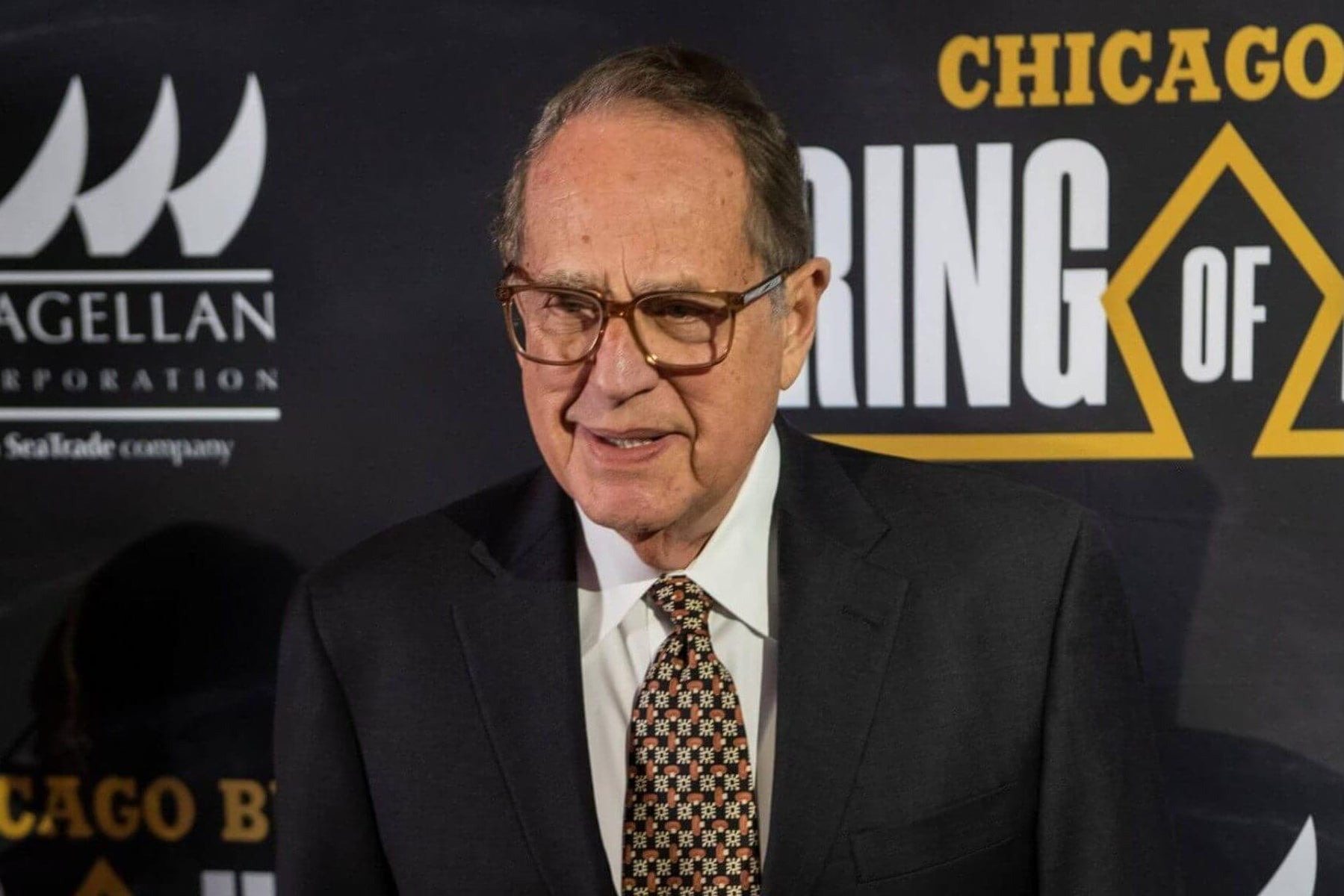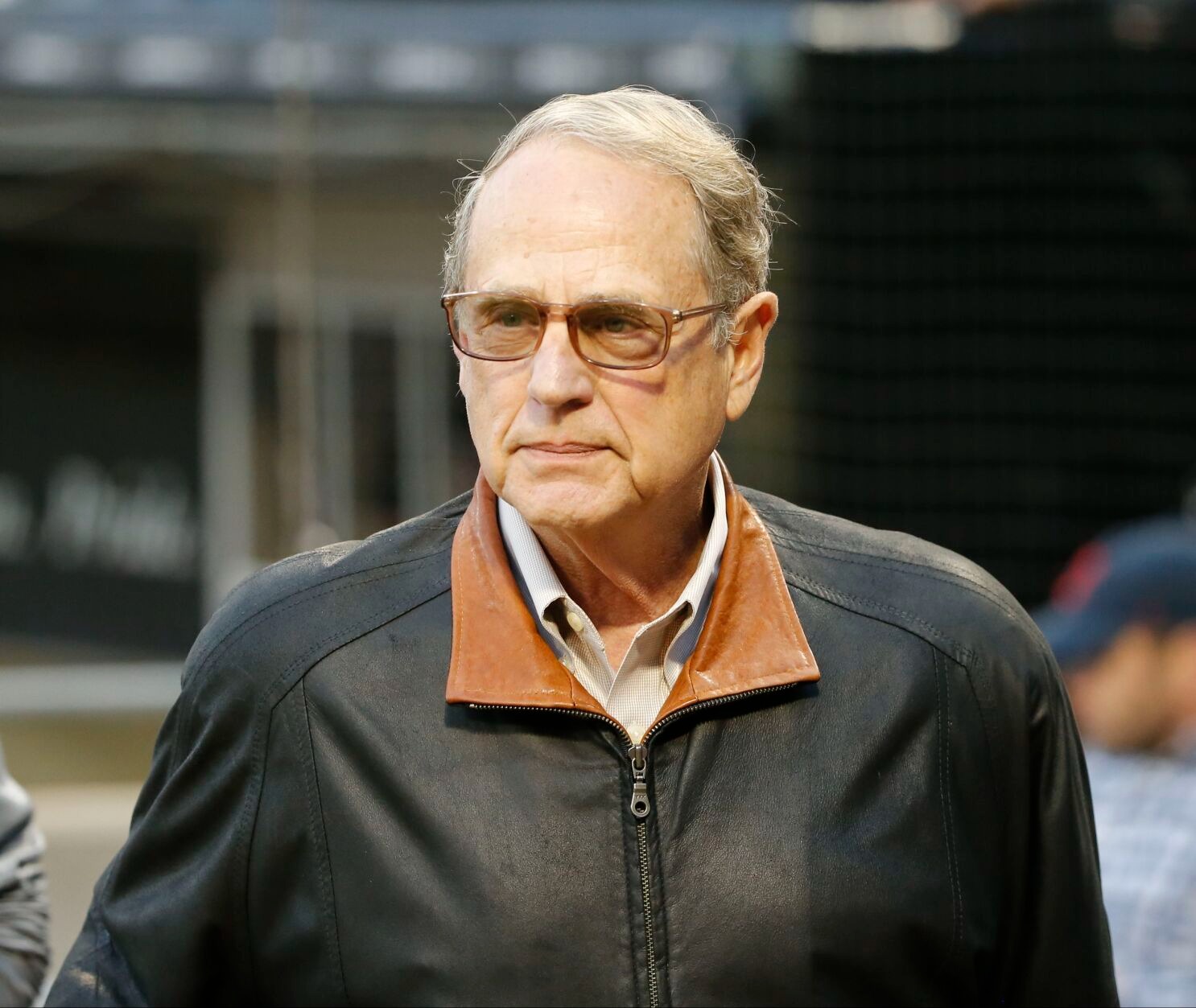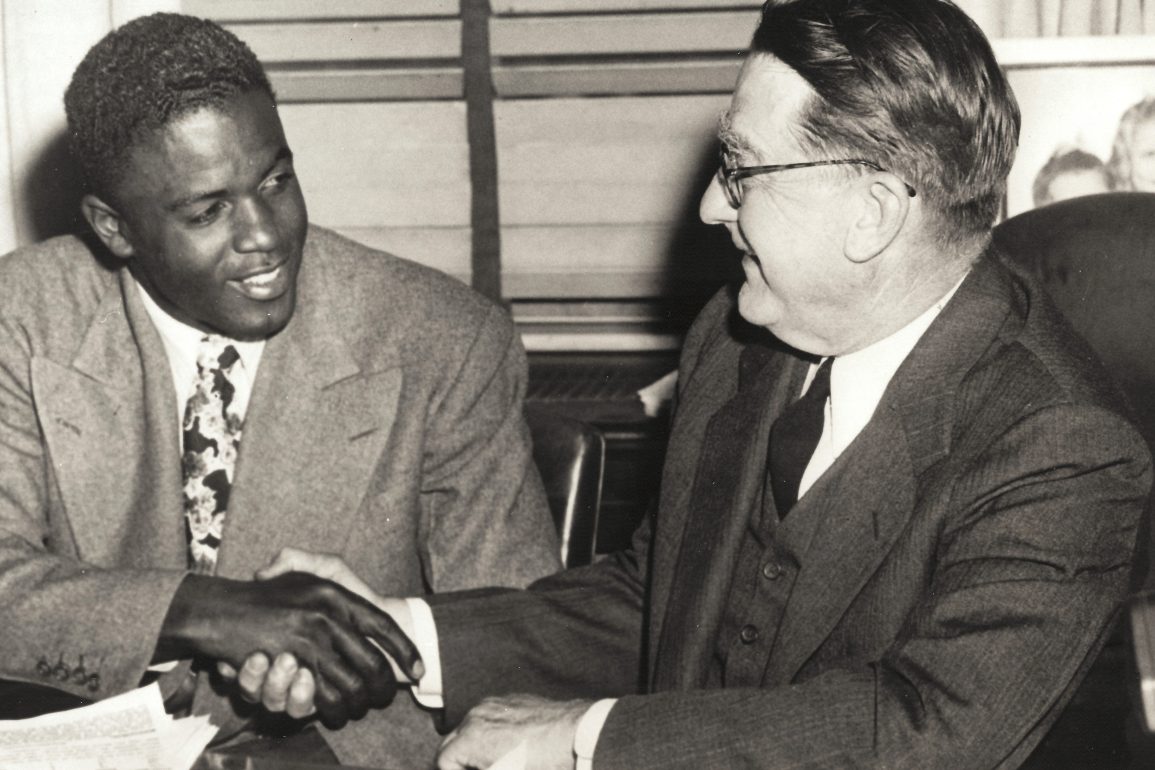Jerry Reinsdorf, a certified public accountant and attorney, owns both the Chicago White Sox in Major League Baseball and the Chicago Bulls in the National Basketball Association.
Born in Brooklyn, New York, he was present at Ebbets Field in April 1947 when Jackie Robinson made his historic debut for the Brooklyn Dodgers. His academic journey took him to George Washington University for his undergraduate degree before earning a law degree from Northwestern University.
Taking ownership of the White Sox in 1981 and acquiring the Bulls in 1985, Reinsdorf wasted no time in making an impact on both franchises. The Bulls became one of the most dominant teams in NBA history, securing six championships within an eight-year span from 1991 to 1993 and again from 1996 to 1998.

Beginning on November 20, 1987, the team sold out every game until Michael Jordan retired in 1999. The White Sox also made strides under his leadership, reaching the playoffs in 1983 after a 24-year drought.
The team would go on to earn postseason berths in 1993 and 2000 before finally capturing the World Series title in 2005. This victory ended the franchise’s championship drought dating back to 1917 and placed Reinsdorf in exclusive company as only the third owner in North American professional sports history to win titles in two different major leagues.
Honoring his influence in basketball, the Naismith Memorial Basketball Hall of Fame inducted Reinsdorf in 2016. His contributions extend beyond team success, as he has played a major role in philanthropy throughout Chicago.
His efforts through the Chicago White Sox and Bulls Charities earned him the Jefferson Award in 2011 for “Greatest Public Service Benefiting the Disadvantaged.” Living in Chicago, Reinsdorf has been married to his wife, Martyl, for more than six decades. His son, Michael, currently serves as the president of the Chicago Bulls.
Interview with Jerry Reinsdorf
Interview conducted by Ethan Cuccarese (BBA in Sport Management) and Ryan Riffenburgh (MS in Sport Management) on April 9, 2020
The circumstances surrounding this pandemic are unlike anything I have witnessed in all my years in Major League Baseball. The closest comparison would be the baseball strikes of 1981 and 1994, but even those situations were different because we always knew a resolution would eventually come, allowing the sport to resume.
What makes this so unique is the uncertainty—we have no clear answer on when or how this will end. Questions remain about a potential vaccine, a cure, and the timeline for when it will be safe to return to the field. Looking back on my lifetime, nothing else has arrived so suddenly or created this level of unpredictability.
The specific moment when spring training was officially canceled does not stand out in my memory. There was a gradual buildup, and the situation became increasingly apparent rather than revealing as an abrupt decision.
My primary concern was the effect this would have on attendance, but beyond that, my biggest question was simply, “How long will this go on?” Right now, no one truly knows what the future holds.
My usual daily routine has been completely upended. Under normal circumstances, I would spend my days at either the White Sox’s home ballpark, Guaranteed Rate Field, or at the Bulls’ practice facility. Currently, I am not even in Chicago. I decided to remain in Arizona, where the weather is more favorable, allowing me to spend some time outdoors.
This arrangement works for now, but when temperatures in Arizona hit 100 degrees while Chicago enjoys a more comfortable 75, I’ll make my way back. At the moment, most of my time is dedicated to handling the challenges brought about by this situation.
There are still numerous unanswered questions. Will a season take place? How do we manage our commitments to season ticket holders? What is the best way to handle sponsorships? We are in constant dialogue with our business partners and sponsors, searching for ways to assist them despite the absence of games.
With everything going on, there is never a moment where I feel idle. My days are just as busy as before, but now everything happens over the phone and through a computer screen.

Since I’m based in Arizona, I operate on a different schedule—being three hours behind the MLB offices in New York and two hours behind Chicago means my workday wraps up earlier. By the time late afternoon arrives, reaching anyone on the East Coast becomes impossible, which allows for more relaxed evenings.
Maintaining strong connections with season ticket holders remains a top priority. Each one has a designated account executive, and we make sure to keep them informed to the best of our ability—though, at this stage, information is limited.
Rather than focusing on the usual aspects of running a sports franchise, we are now dealing with the process of scaling back operations. Looking ahead, uncertainty surrounds next year as well. The NBA season typically begins in late October, but even training camp remains a question mark.
For baseball, spring training is scheduled to start in February 2021, yet it is impossible to predict whether that will happen as planned. Instead of concentrating on the excitement of competition, our attention is on these looming uncertainties.
Competition is something I deeply miss. Watching games and striving to win more often than we lose is what I enjoy most. The anticipation surrounding this season was high, and now it is frustrating to be unable to play. Beyond that, I miss the people I work with every day. They are truly wonderful individuals, and I genuinely enjoy being around them. And, of course, I miss simply getting out of the house.
New business opportunities will likely emerge as a result of this situation. No matter the circumstances, there will always be individuals who find ways to profit—whether by developing testing kits or producing masks. Personally, I have no interest in pursuing anything new at this stage of my life, but I am certain that plenty of innovative people will seize the moment.
On the baseball side of things, all rosters are currently frozen, but that does not present much of a problem. The real issue is the lack of games. Once everything returns to normal, trades, free-agent signings, and other roster moves will resume as usual.







